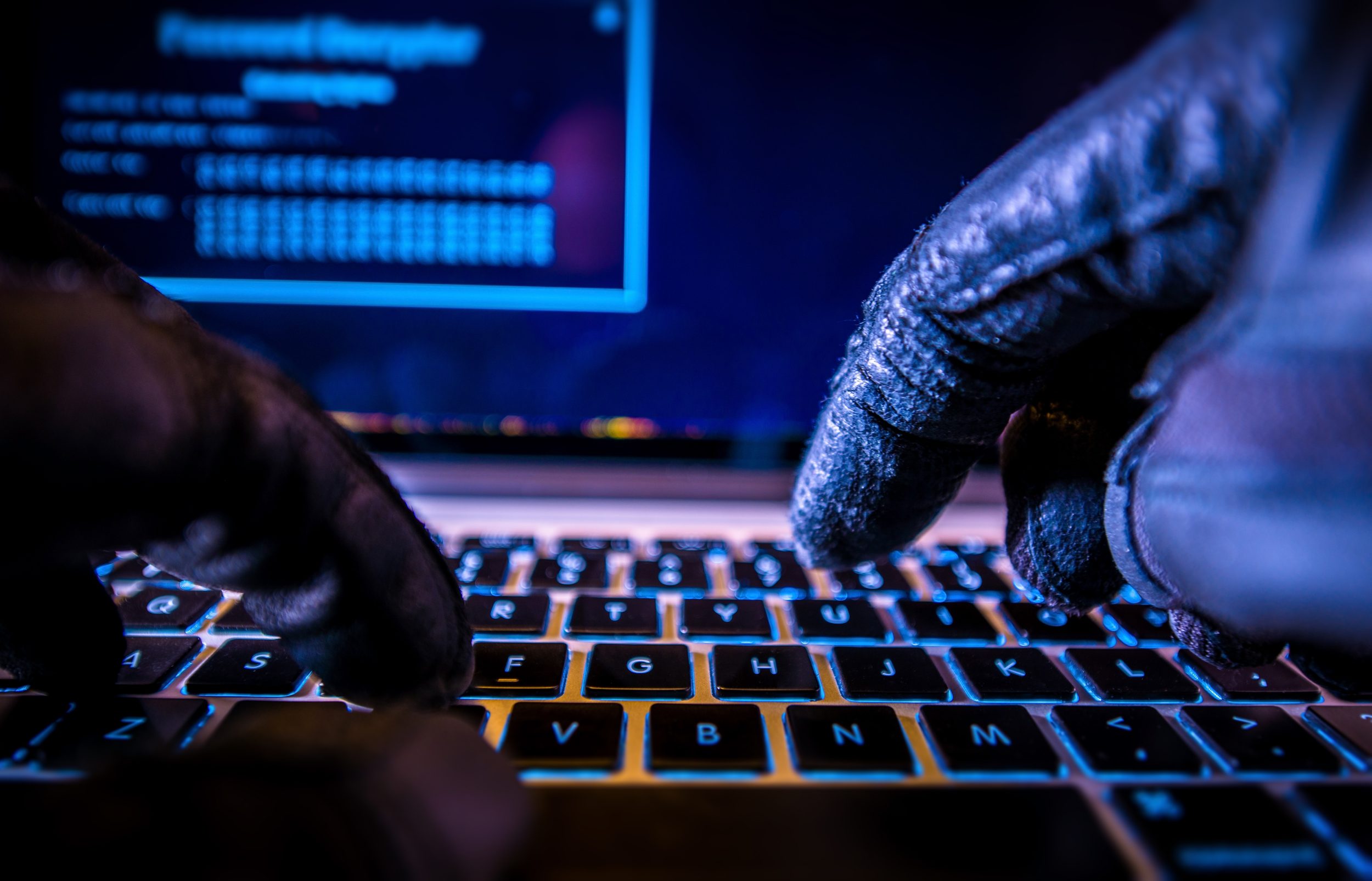IA and Zero Trust Model will improve corporate cybersecurity

The advance of the Internet and the need to improve the productivity of companies, is leading them to seek technologies capable of helping in business improvement and protection against possible attacks. As digital companies grow, the risk of cyberattacks increases exponentially.
According to the latest studies, 21% of organizations experienced a cyber security breach that led to unauthorized access in 2018. This has meant that more than 20% of companies have losses of 50 million dollars.
In addition, three thirds of companies worldwide that have suffered a violation of their data confirm that the crime was committed after the theft of credentials that offer privileged access, with the ultimate goal of selling that information on the Dark Web.
The fragility of passwords
Much of this business vulnerability is caused by an incomplete IT security strategy based on weak passwords. Today, 39% of employees use the same password for multiple accounts, endangering all applications and systems after an attack.

Faced with this password malpractice, 88% of global security leaders believe that mobile devices will soon serve as a digital ID to access business applications and data more securely.
With the increase in cyber attacks and the disadvantages of passwords and Multifactor Authentication (MFA) it is clear to security leaders, both from a user and security point of view, that new authentication methods are needed.
Hardware Tokens, seen by many security leaders as a more secure option for authentication than passwords, affect ease of use compared to Biometrics on a mobile device. This means that, among security leaders, 72% consider Biometrics easier to use than passwords, compared to only 58% who prefer Tokens over passwords for ease of use.
Eliminating passwords reduces the friction or hassle required to gain access to applications and resources while improving the security of the entire organization.
The paradox of how to improve productivity and increase security is resolved when passwords disappear. Low-friction identity management approaches improve user experiences while improving security and reducing management efforts.
Will Artificial Intelligence be the salvation?
Parallel to the study of the implementation of tokens or biometrics to replace the passwords of workers, companies are betting on Artificial Intelligence to strengthen their cyber defenses.
The old “trust, but verify” approach to enterprise security cannot keep pace with the growing threat landscape today. All of the end entities that are part of the business ecosystem make up the security perimeter to be considered, which requires a Zero Trust Security framework.

It should be noted that, at this time, the telecommunications industry has the highest reported incidence with losses exceeding $50 million, making IA a priority for thwarting costly infringements in the sector.
How should leaders react?
As mentioned above, executives are already aware of the dangers threatening their companies, so they are concentrating their budgets and time on detecting cyber threats using Artificial Intelligence before predicting and responding.
As companies mature in the use and adoption of AI as part of their cybersecurity efforts, prediction and response will increase accordingly.

Parallel to adoption, Artificial Intelligence tools are also improving their application over data sets of different types, allowing a broader picture of the situation to be visualized from, for example, static configuration data, local historical records, global threat landscapes, and contemporary event flows.
The benefits are evident
Until now there has been talk of the importance of implementing innovative technologies, such as Tokens, Biometrics or Artificial Intelligence, to curb cyberattacks, however, it has not been exposed what benefits can be obtained after the adoption of such technologies.
For most companies (64%) cost reduction is one of the main reasons why they would initiate the adoption of Artificial Intelligence in their defense strategy. For those that have already taken the step, it has meant a saving of 12% compared to pre-adoption costs.
The economic benefits are obvious, however, it is not the only reason that companies have to implement AI in their strategies. Saving time to detect threats is another big reason. This time reduction is achieved by continuously exploring known or unknown anomalies that show threat patterns.
For example, a U.S.-based specialty retailer has saved up to $12 million by using Artificial Intelligence to detect fraud. Technology determines the legitimacy of each transaction by comparing it to all other transactions received. And when fraudulent orders are identified, they are cancelled, saving the company money and preventing brand damage.
The five cases of high-potential use that have low complexity and high profits, and that 54% of companies have already implemented are: fraud detection, malware detection, intrusion detection, network scoring risk and analysis of user or machine behavior.
Conclusion
Mobile devices and enterprise applications are one of the primary gateways for today’s fastest growing threats, making them a high priority for hackers.
Relying only on passwords to protect devices makes a company’s defense weak. So now is the time for companies to assess whether they need to remove passwords for more effective authentication and security approaches that are more consistent with the Zero Trust model.
On the other hand, IA and Machine Learning are redefining all aspects of cybersecurity today. From improving organizations’ ability to anticipate and thwart breaches, to protecting the proliferation of threat surfaces under the Zero Trust Security framework, to making passwords obsolete.
The latest data collected reflects and quantifies how ready companies are to abandon passwords for more innovative authentication techniques, including biometrics and the Zero Trust Security model focused on all devices that can be used at the enterprise level.


